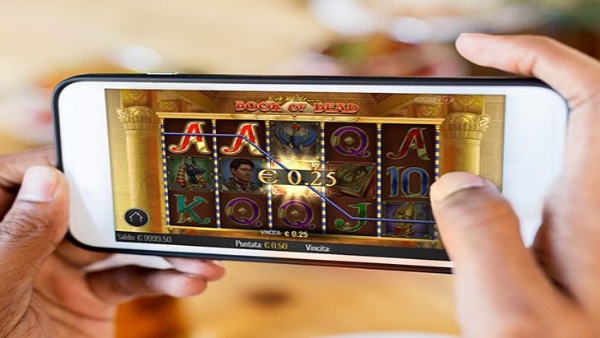In Japan, represented by the widespread pachinko and slot machines, one can "casually and easily" gamble anywhere. With the formal advancement of the casino deregulation movement, the author, who has suffered from gambling addiction himself, points out that there is a lack of awareness about gambling addiction in society, and there are delays in implementing countermeasures.
3.6% of Adults are Addicted to Gambling
The survey results released by the Ministry of Health, Labour and Welfare show that among Japanese, the lifetime prevalence of gambling (those who have been suspected to be in a state of gambling addiction up to now) is about 3.6%, estimated to be 3.2 million people. This is significantly higher compared to the rates in foreign countries like the Netherlands (1.9%) and France (1.2%), which are around 2%. Moreover, it is said that within the last year, 0.8% of people (estimated to be 700,000 people) suspect they have a gambling addiction, with the highest expenditures on pachinko and slot machines, averaging about 58,000 yen per month.
The issue of gambling addiction in Japan has suddenly attracted social attention. Ideally, while promoting the development of the gambling industry, measures against gambling addiction should be implemented concurrently, which is standard practice in developed countries. However, Japan has recognized so many gambling industries without taking any measures against gambling addiction. This is extremely rare for a country and has led to the spread of gambling addiction.
Gambling Addiction is a "Common Disease"
I am the wife of a "third-generation gambler," with my grandfather, father, and husband all suffering from gambling addiction, and I myself have been addicted to gambling. People often ask me, "Why can't you learn from your parents?" I can certainly understand this question, but among us gamblers or family members, being a "third-generation gambler" or the wife of one is not uncommon. Of course, we also know very well that "we must not follow the same path as our parents," but we still end up walking the same road. "Why is this?" We ourselves are the most puzzled by this question, feeling disappointed and angry with ourselves. Why do we so easily repeat our parents' mistakes?
Looking back at my own experience, my mother divorced my gambling-addicted father early on and took me, an only daughter, back to her parents' home. However, my grandfather at home was a person who spent all day in pachinko parlors, and the family relationships were not good, leading to a difficult life. I grew up in a family environment where we couldn't even afford a school bag or a middle school uniform.
Moreover, my grandfather often took me, his granddaughter, to pachinko parlors, causing me to bond with pachinko parlors from kindergarten and experience the fun of gambling from a young age. Additionally, my parents grew up under such a grandfather and naturally also developed a liking for gambling. During the New Year holidays, when relatives gathered, the greatest joy was playing cards or mahjong. Everyone secretly looked down on my grandfather, thinking, "Although I gamble, I have self-control and won't become a gambler like him." I was once one of them.
Because the adults around me liked gambling, I was imbued with the feeling that "gambling is a natural thing," and I lost my vigilance against gambling. Growing up in such an environment, I met a husband who liked gambling, and we both became keen on gambling, thus I also developed a gambling addiction. Of course, among those with gambling addiction, some were not influenced by family factors but were taught gambling by friends, often tried it, and ended up addicted. It might be easier to understand if we consider gambling addiction as a kind of allergic reaction. Some people have a specific reaction to this "allergen" of gambling. Thus, gambling addiction is a common and ordinary "disease."
In fact, not only us who are addicted to gambling, but society as a whole has not yet recognized gambling addiction as a "disease," neither spreading correct knowledge about this disease nor taking related preventive and responsive measures.











